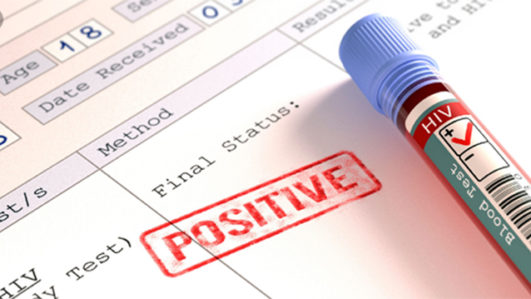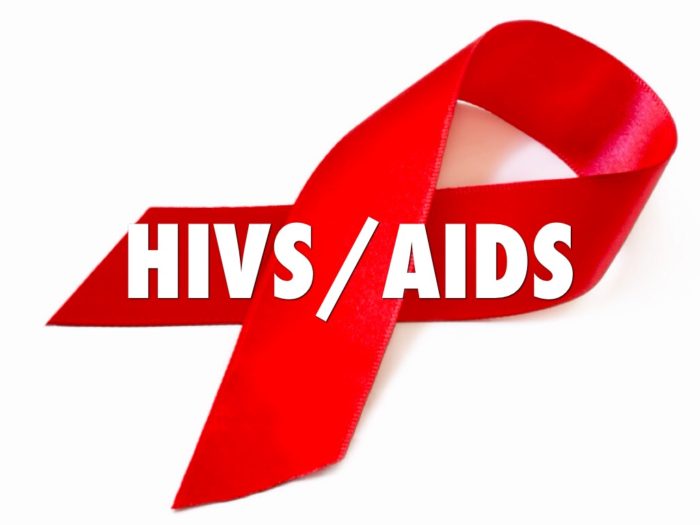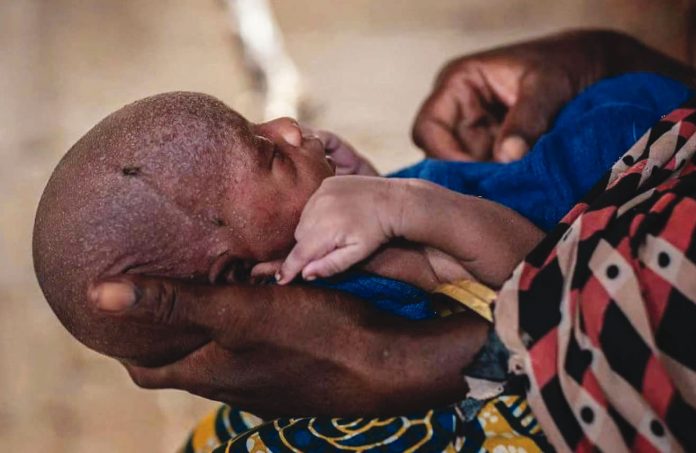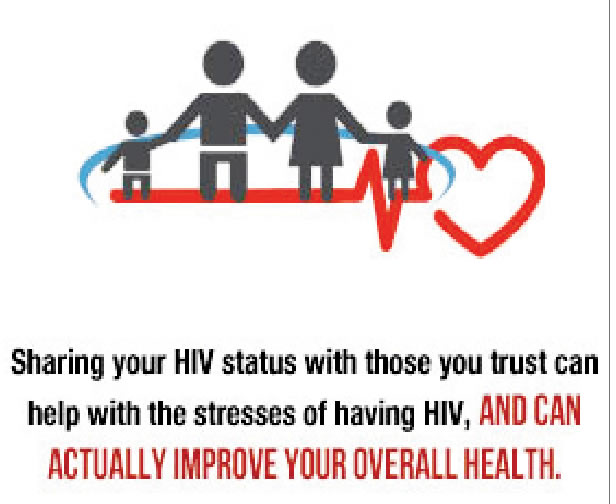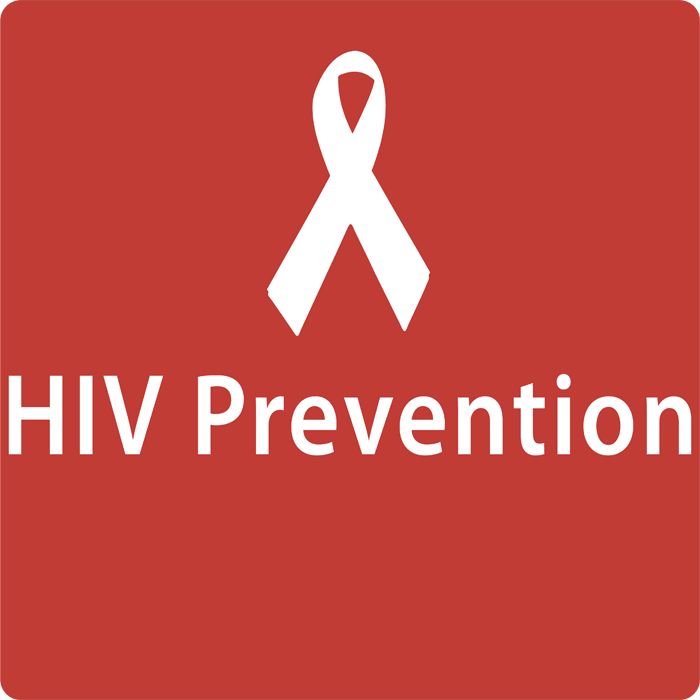A popular Hollywood actor, Charlie Sheen, has just revealed to the world in a television interview that he is HIV positive. The declaration is coming on the heels of speculation about his state of health.
Sheen, who said he learnt about the diagnosis four years ago, noted that it was difficult for him to reveal his ‘true’ health condition to many people. Sheen added that he even paid some people who were aware of his status to keep it secret.
While some people commended his courage for the exposure, others condemned his action, especially the fact that he kept the news to his heart four years after the diagnosis.
However, the jury has yet to determine whether or not there are legal implications for his not disclosing this earlier going by his admission that he had numerous sexual engagements and unprotected sex after his diagnosis in 2011.
But we must know that the burden of revealing ones HIV status can be scary. It is even scarier when we are pressurised or victimised to disclose such personal information to the public, especially as a celebrity Sheen has done.
You may not go on national television like Sheen did, but doctors maintain that you must tell your loved ones, especially your immediate family members, that you have been diagnosed with the infection. This, they say, is to ensure that you do not put them at risk of contracting the viral infection.
To those who still do not know, HIV is an infectious disease that can be transmitted sexually, through blood transfusion and contact with infected fluids in the body.
Though the campaign on the prevention and testing for HIV/AIDS infection has gone viral in the last 10 years globally, only a few people know their status. Even those, who know, usually do not nothing about it for the fear of being stigmatised.
Yes, nurses who should know better have refused to attend to a patient after they knew the patient was HIV positive.
These and other avoidable crisis that follows a diagnosis of HIV has been identified as the reasons why people do not disclose their status.
However, HIV prevention and control expert, Dr. Zizi Egbuwoku- Imatorbhebe, warns that by not knowing one’s status, one puts one’s spouse, siblings, parents, and children at risk of getting infected.
She states that since HIV can be transmitted in many ways, including through blood transfusion, oral sex, among others, it is possible to infect others without knowing.
For instance, an infected pregnant woman can pass HIV to her baby or babies during pregnancy, delivery and through breast-feeding if she does not know she’s infected.
However, if a pregnant woman tests positive to HIV, appropriate treatment can reduce the risk of infecting the baby. Experts say that HIV-positive women have about a one-in-four chance of infecting their babies during pregnancy or birth but getting treatment before childbirth can reduce this figure to about one in 12.
Imatorhebe says, “You don’t have to have sex before you contract HIV. Babies have contracted it from their parents who did not know that they had it. Siblings have contracted it from each other through blood contact without knowing.
“But if you find out you are infected, you can make sure you protect your sex partner from becoming infected. If more people know their HIV status and use the knowledge to act responsibly, the pandemic can be better controlled.”
Imatorbhebe adds that the reason why people would prefer to hear of HIV rather than test for the disease is for the fear and misconceptions about HIV being a death sentence.
The HIV prevention expert states that knowing ones status saves rather than kills.
She says that though there is currently no cure for HIV/AIDS, there are drugs and treatments, such as anti-retroviral drugs, which have been proved to slow down the course of the disease. According to her, infected people who use these drugs can live a longer and healthier life.
Imatorbhebe states that the sooner one gets tested, the sooner one can access treatment and information to help manage the condition and delay it getting to the advanced infection.
She adds, “HIV does not kill if you detect it early by going for a simple blood test. The drugs to manage it are free and widely available. The earlier gets tested and receives effective treatment, the easier it is to keep one’s immune system healthy so one doesn’t come down with AIDS. Your doctor can monitor your immune system and help you avoid opportunistic diseases, or manage them when they occur.
“If you know, there are additional ways of ensuring that you stay as healthy as possible, such as learning about how to follow a lifestyle with good nutrition and suitable exercise, and avoid damaging substances such as cigarettes and alcohol.”
Experts say a major reason why Nigeria has the highest number of children born with HIV/AIDS and has the second highest population of people living with this disease in the world is that many Nigerians do not know their status.
A report by the Federal Ministry of Health estimates that more than over 90 million Nigerians have not tested for HIV.
The Director, Public-Private Partnerships Department, National Agency for the Control of AIDS, Mr. Effiong Eno, notes that in spite of increased awareness many Nigerians have yet to go for test.
Eno says, “Largely, people do not want to take test. It is not a strategy problem but an issue of fear. They think it is a death sentence. But we will continue to say that it is not HIV that kills; it is not knowing your status and not getting treated on time that is actually killing Nigerians.”
So knowing your HIV status as early as possible is of importance. If you are infected, make plans for yourself and your dependents to be looked after.
You also need not fear, with proper counselling, knowing you are HIV-positive or negative would only empower you to live more responsibly and less recklessly.
Remember that giving out this information is entirely your decision. Health professionals and counsellors who conduct and discuss the test with you, by law,must keep the results confidential.
PUNCH.

